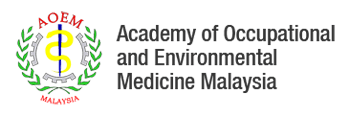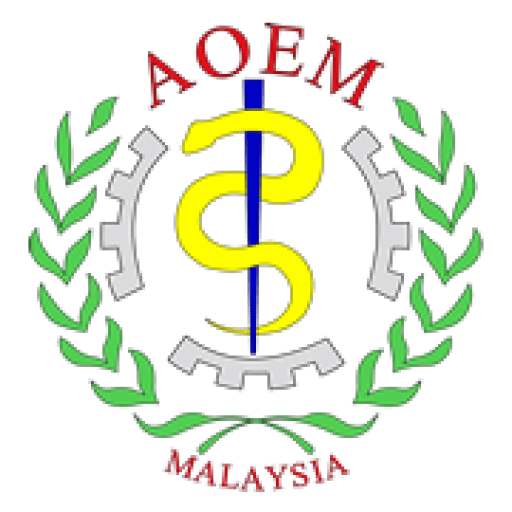Introduction
The Academy of Occupational and Environmental Medicine Malaysia (AOEMM) proudly highlights two recent scholarly contributions that advance the understanding and management of psychosocial risks in Malaysian workplaces. These studies, published in PLOS ONE and BMC Public Health, validate a critical tool for local use—the Malay version of the Psychosocial Safety Climate (PSC-12) scale and offer longitudinal insights into workplace psychosocial conditions. Notably, both studies feature significant contributions from AOEMM council member and occupational health physician Dr Marzuki Isahak.
Validating the Malay PSC-12 Scale
The PLOS ONE study, co-authored by Dr. Marzuki Isahak, marks the first rigorous validation of the PSC-12 scale in the Malay language. The research involved 250 healthcare workers across government clinics and a public hospital in the Klang Valley. Findings confirmed the translated tool’s strong psychometric properties, with excellent content validity (CV-I: 0.916), internal consistency (Cronbach’s α: 0.895–0.921), and test-retest reliability (ICC: up to 0.954). Dr. Marzuki’s expertise in occupational medicine was instrumental in the design, methodological oversight, and validation phases of the study.
Monitoring Psychosocial Climate Over Time
The BMC Public Health longitudinal study extended this work by applying the validated PSC-12 scale to assess changes in perceived psychosocial safety climate over a one-year period among 618 hospital-based healthcare workers at the Universiti Malaya Medical Centre (UMMC). Results revealed a gradual improvement in PSC scores, suggesting enhanced workplace psychosocial conditions, potentially linked to ongoing occupational safety and health (OSH) initiatives. Despite a high overall PSC level, the study did not find significant associations between PSC and absenteeism or job performance, an area identified for future research.
Dr. Marzuki again played a key role, contributing to the study conceptualisation, statistical validation, and critical review of the manuscript. His leadership ensured scientific robustness and relevance to Malaysia’s occupational health landscape.
Implications for AOEMM and the Field
From AOEMM’s perspective, these studies deliver timely and meaningful contributions to occupational health practice in Malaysia. The validated Malay PSC-12 tool equips practitioners with a culturally adapted, reliable measure for assessing organisational commitment to mental well-being. Meanwhile, the longitudinal study demonstrates the value of continuous PSC monitoring and targeted OSH interventions in clinical settings.
These efforts also reaffirm AOEMM’s commitment to fostering environments that prioritise physical and psychological safety. Dr Marzuki Isahak’s contributions exemplify the role of occupational health experts in shaping research that informs policy and enhances worker well-being.
Acknowledgements
AOEMM commends the research team, including Dr. Marzuki Isahak, Dr. Norhasliza Abu Bakar, and Datuk Dr. Awang Bulgiba, as well as participating healthcare workers from the Selangor State Health Department and UMMC.
For further information:
#OccupationalHealth #PsychosocialSafetyClimate #AOEMM #PublicHealthMalaysia #PSC12 #MentalWellbeingAtWork

